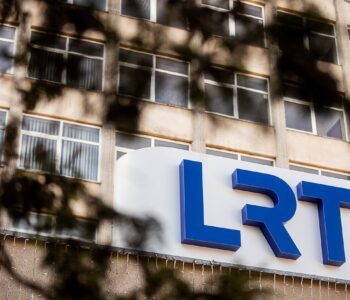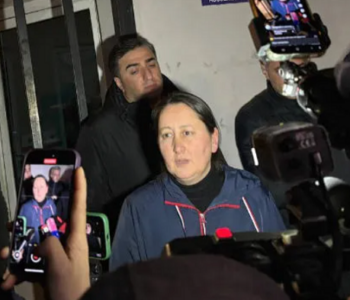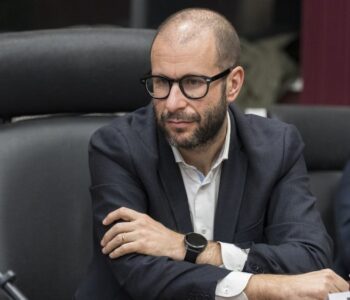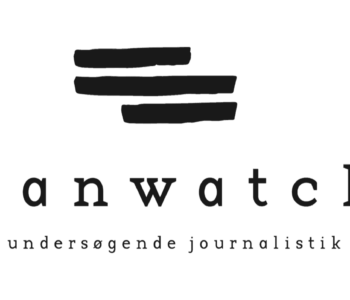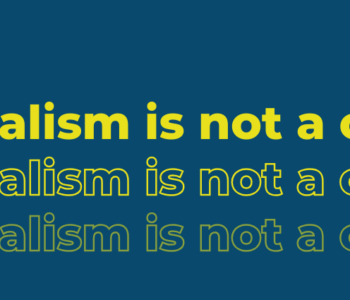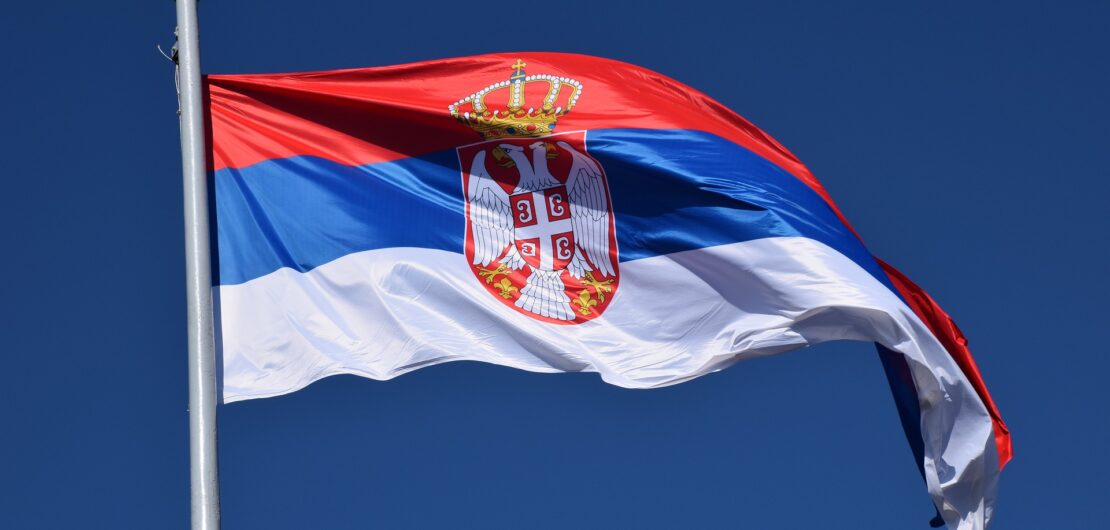 Library
Library
Serbia: MFRR and SJN urgently call to stop targeting…
Serbia: MFRR and SJN urgently call to stop targeting and intimidating journalists
MFRR partners share a statement condemning the threats and attacks against journalists and media workers when covering demonstrations and protests in Germany, France, Slovenia, Greece, Spain, Poland and Italy. The MFRR calls for increased protection for media freedom across Europe from protestors, unknown 3rd parties and police officers to ensure they are free to continue their work informing the public.
In the aftermath of the deadly collapse of the roof of the Novi Sad railway station on 1 November 2024, journalists have come under unacceptable pressure while covering the tragic story and the subsequent protests. The majority of incidents logged on the Mapping Media Freedom platform are instances of verbal abuse and physical assault against journalists and media workers. Of the 22 incidents documented between November 2024 and February 2025, five attacks were initiated by state officials, including Serbian President Aleksandar Vučić and his ruling SNS party.
Some of the most serious attacks include a death threat sent to Ana Lalić Hegediš, the Executive Director of the Independent Journalists Association of Vojvodina (NDNV), on her Facebook page in November 2024. On 17 January 2025, NDNV, whose premises had recently been broken into, reported that police had forcibly removed five journalists from the Novi Sad City Hall to prevent them from documenting an opposition-led protest from inside the building.
On 15 February 2025, Ksenija Pavkov, N1 journalist, received death threats and abuse while reporting about an SNS rally in Sremska Mitrovica. On 24 February 2025, private security at the Novi Sad City Assembly – acting on the orders of Assembly President Dina Vučinić – searched journalists, restricted their movement, and locked them in a press room until the end of the conference.
Our organisations further note with alarm raids by Serbian police against non-governmental organisations (NGOs) critical of the government conducted on 25 February 2025. The government has portrayed what is happening in the country as a “coloured revolution”, with NGOs allegedly being paid by foreign states to destabilise the country.
The Centre for Research, Transparency and Accountability (CRTA), which runs the fact-checking website Istinomer, an important source of verified information for Serbian citizens, was among the organisations raided without a warrant. These raids, based on unverified claims by individuals within the U.S government about alleged misuse of USAID funds, mark a new level of intimidation on those reporting the truth, with media outlets and media NGOs potentially next.
Such acts are a clear violation of press freedom and freedom of expression. They reflect an institutionalised landscape in which violence against journalists and activists is tolerated and encouraged by official rhetoric constantly portraying the press and NGOs as enemies of the state.
The MFRR and SJN call on the authorities to refrain from targeting the media and NGOs and to stop inciting hostility to prevent the safety of journalists from further deteriorating. The undersigned organisations also call for thorough and independent investigations into any violence against members of the press, including those allegedly perpetrated by police and private security agencies.
At a crucial time, when truth and accurate reporting are more vital than ever, the MFRR and the Safe Journalists Network will continue to closely monitor the developments in Serbia and stand in full solidarity with Serbian civil society and journalists targeted for reporting the truth.
This statement was coordinated by the Media Freedom Rapid Response (MFRR), a Europe-wide mechanism which tracks, monitors and responds to violations of press and media freedom in EU Member States and Candidate Countries.

